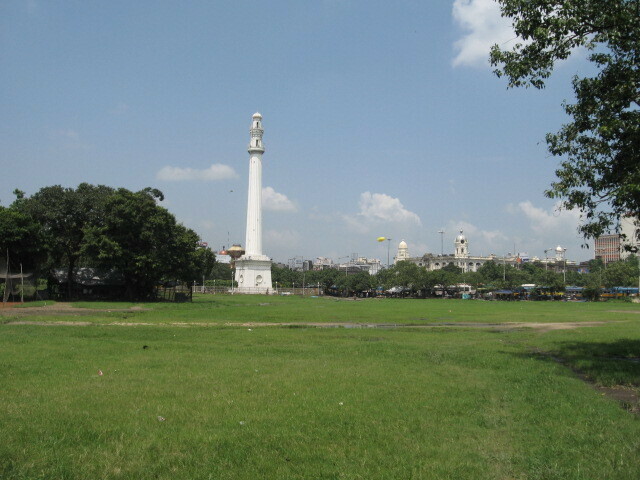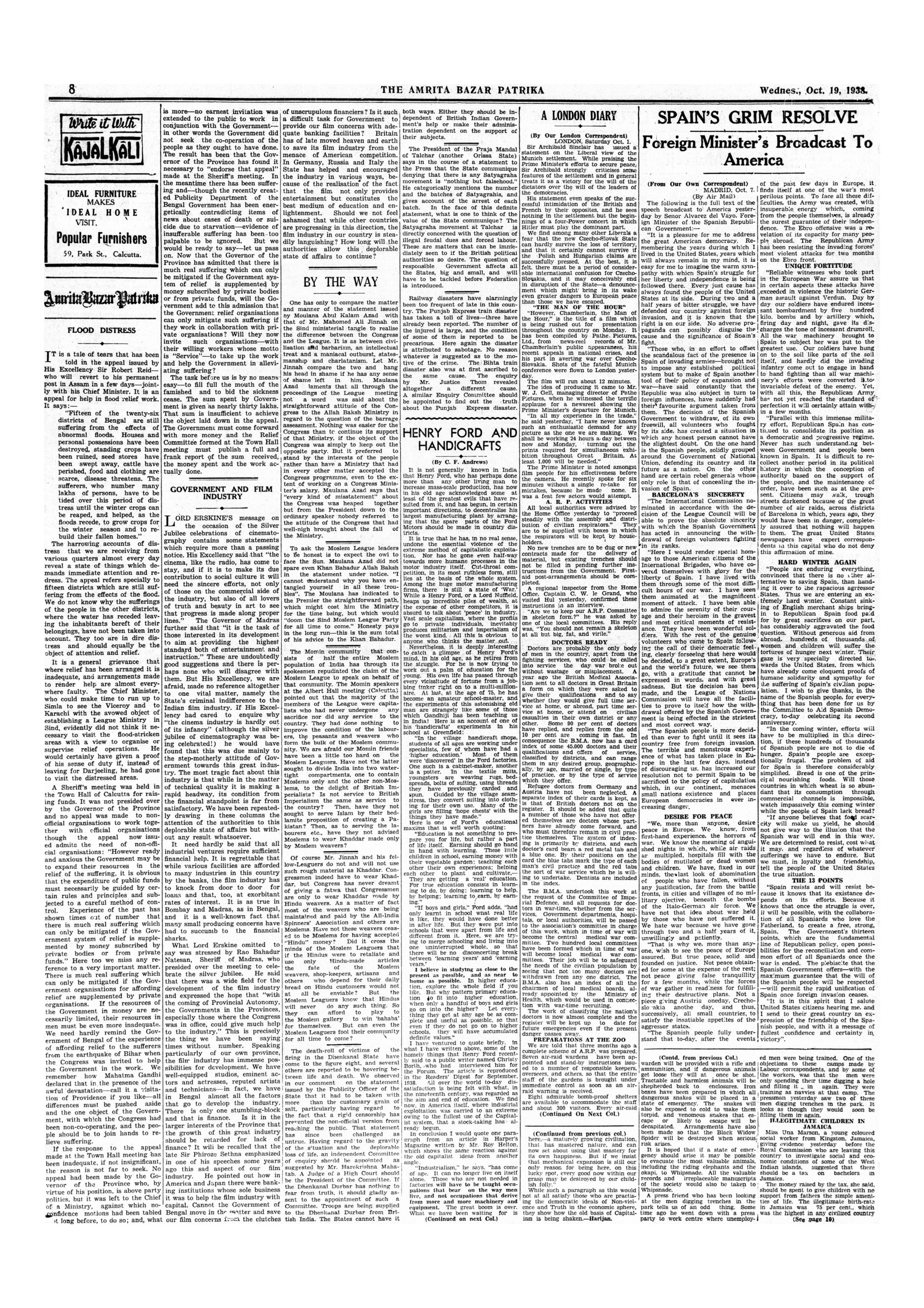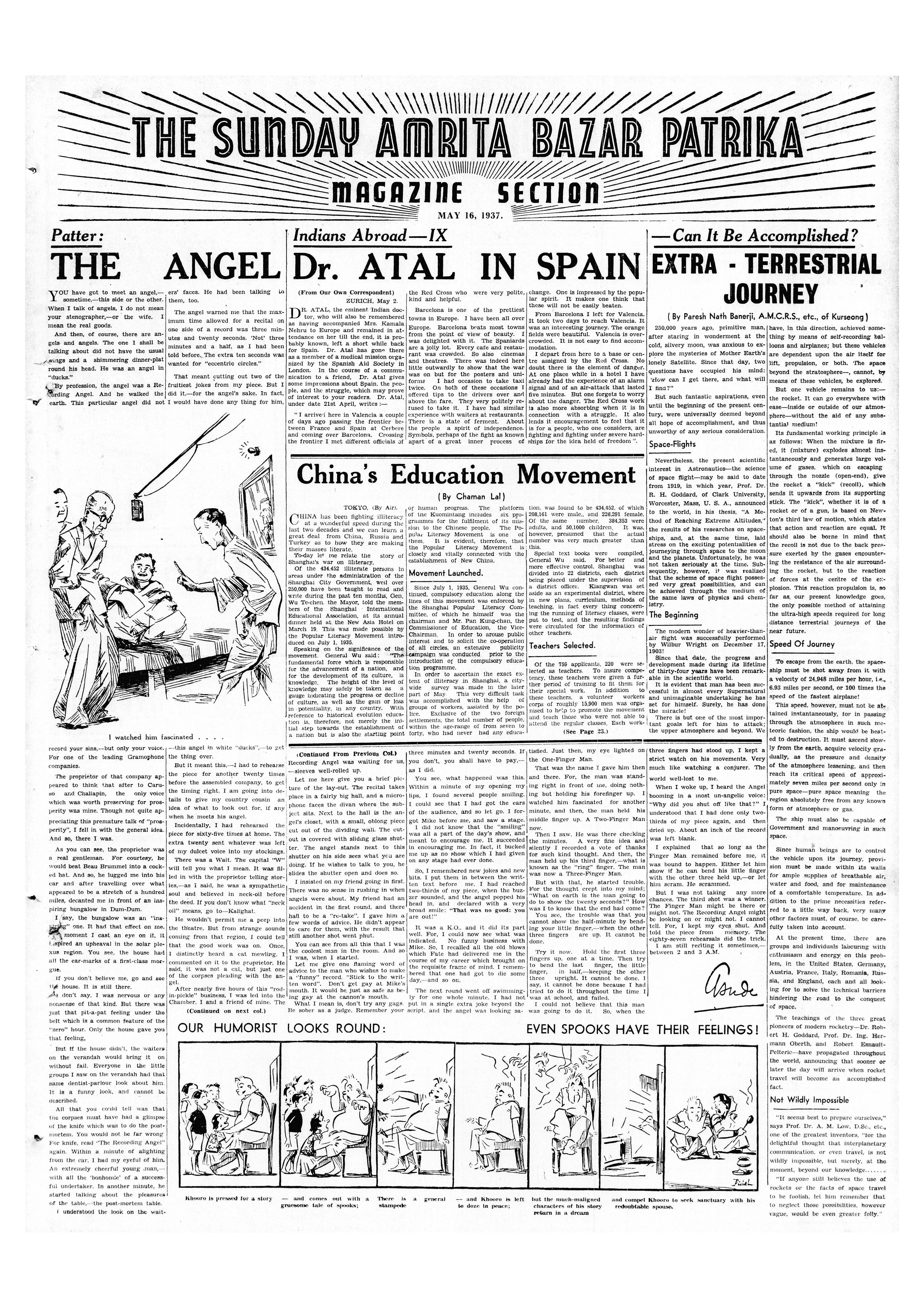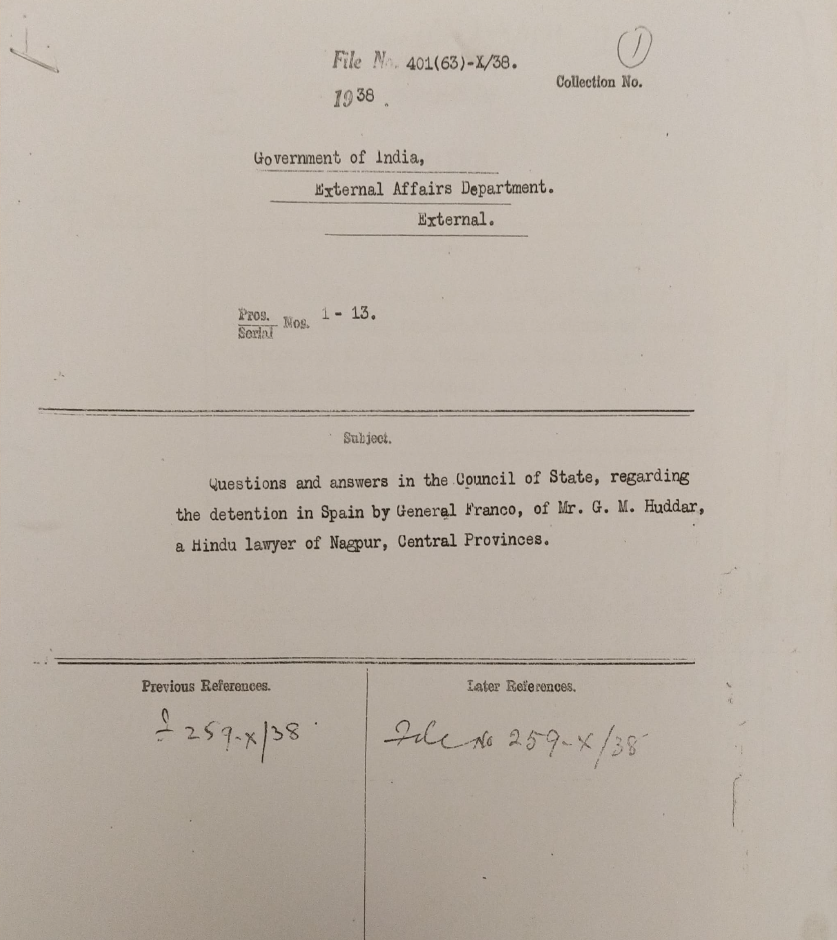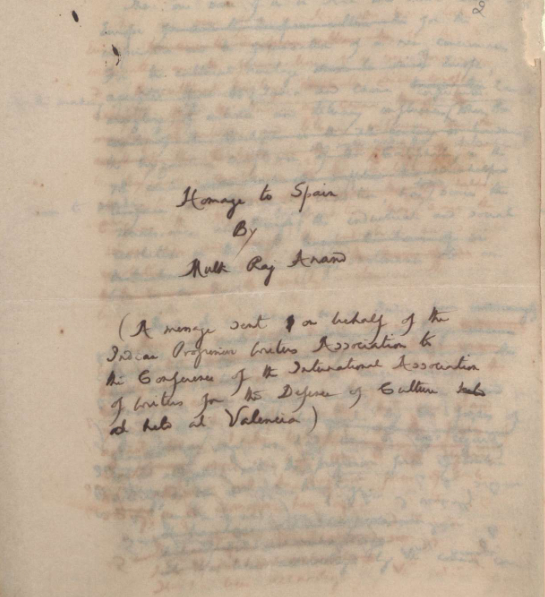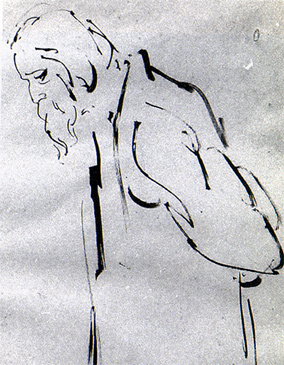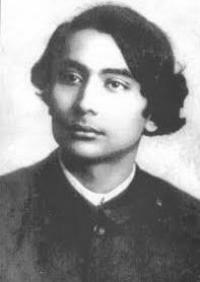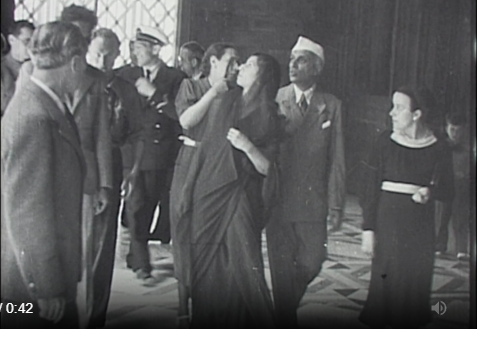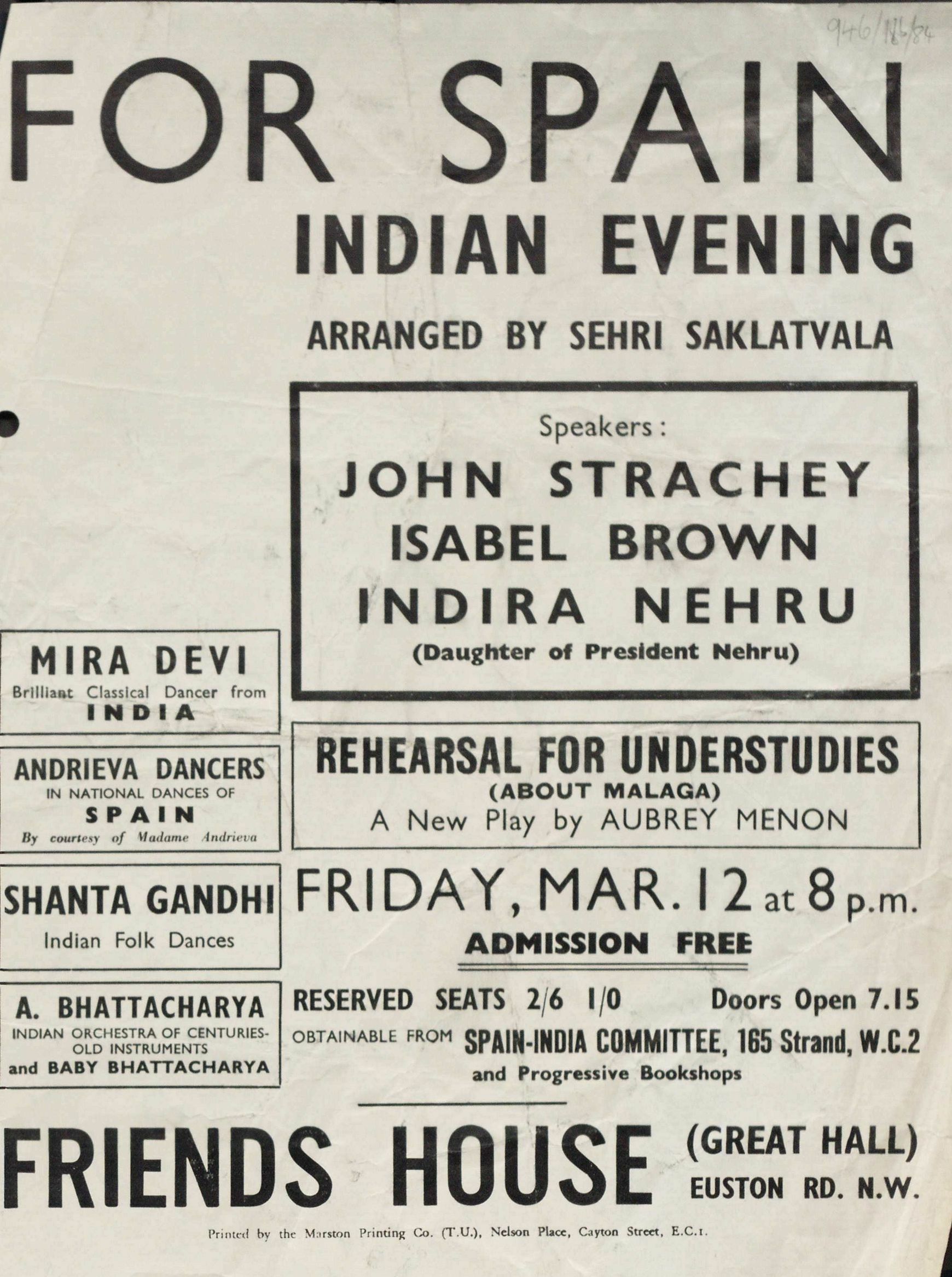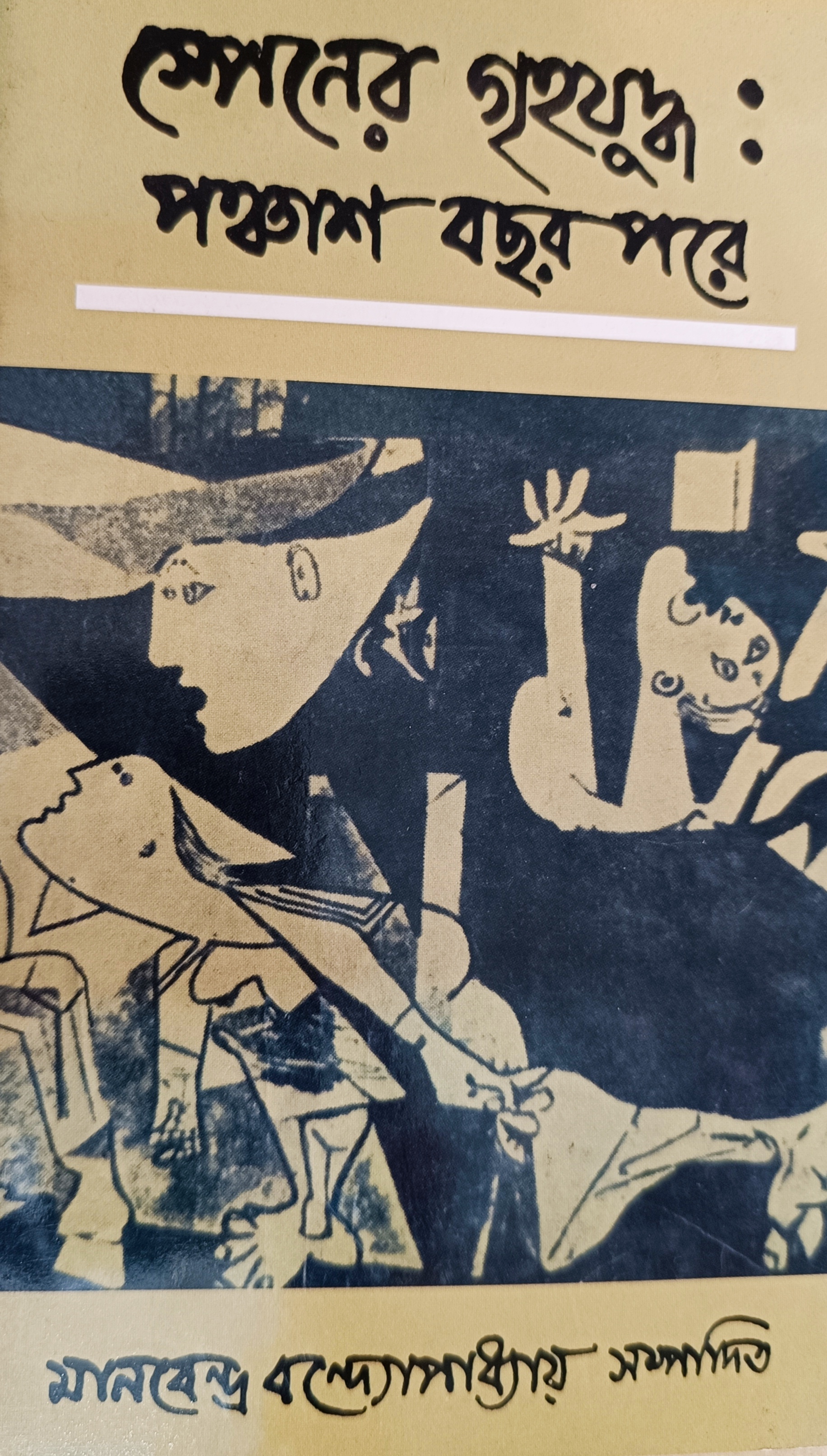India was a British colony when the Spanish Civil War began. However, by 1936, British imperial rule had come under increasing challenge by a nationalist movement whose principal leaders were Mahatma Gandhi (1869-1948) and Jawaharlal Nehru (1889-1964), the head of the Indian National Congress (INC), which had been founded in 1885.
This context gave the conflict in Spain a special resonance in India. It was widely covered in the Indian press, which was strongly pro-Republican. Major Indian intellectuals, including Rabindranath Tagore, expressed their support for the Republic. A handful of Indians, some already in the UK, went to Spain to fight with the Republic, although very little is known about most of them. Other Indians resident in Britain, like Nehru’s close collaborator V.K. Krishna Menon and Sehri Saklatvala, daughter of Communist politician and member of Parliament Shapurji Saklatvala, along with British supporters of Indian independence supported the Republic by organizing demonstrations and raising funds for humanitarian purposes.
For his part, Nehru came to see the struggle of the Spanish Republic, which was being undermined by British adherence to Non-Intervention, as something that the INC should support. Fascism and imperialism were inseparable, he wrote, so the struggles of the Spanish and Indian peoples were connected. Moreover, actively supporting the Republic was a way of asserting India’s autonomous presence on the world stage. Encouraged by Nehru, the Foreign Department of the Congress Party created a Spain-India Committee to raise funds for Spain. He also visited Spain in June 1938, addressed mass rallies in London, and wrote about the importance of the Spanish Civil War in publications like Spain! Why? (1938) and China, Spain, and the War (1940).








